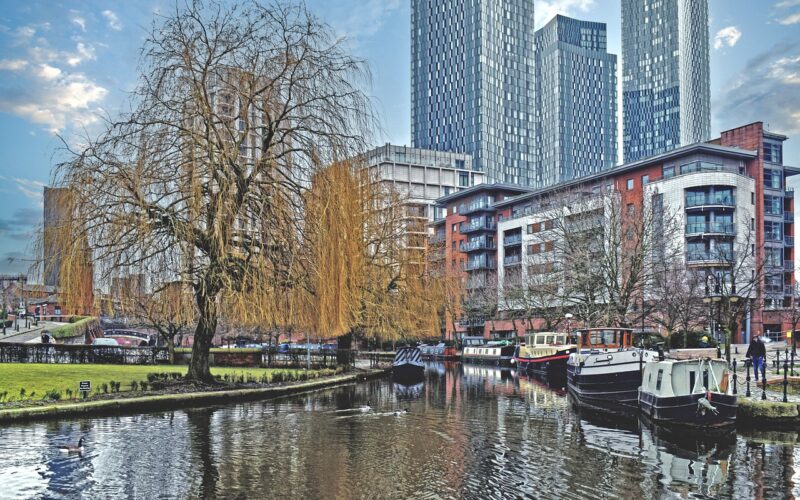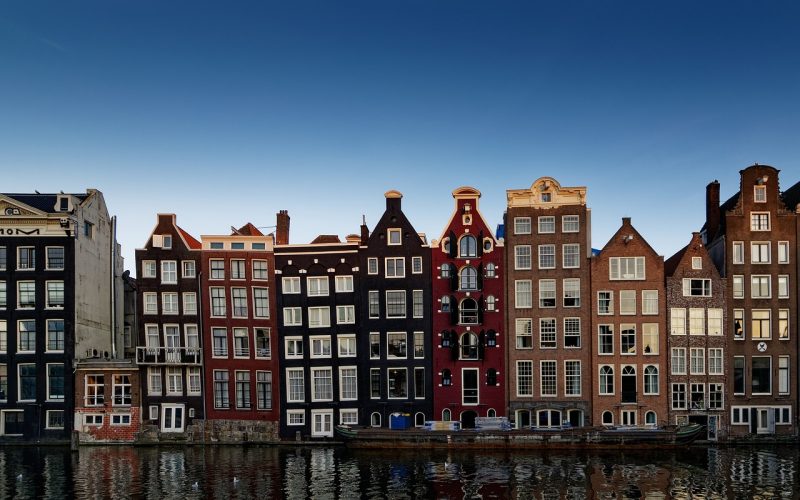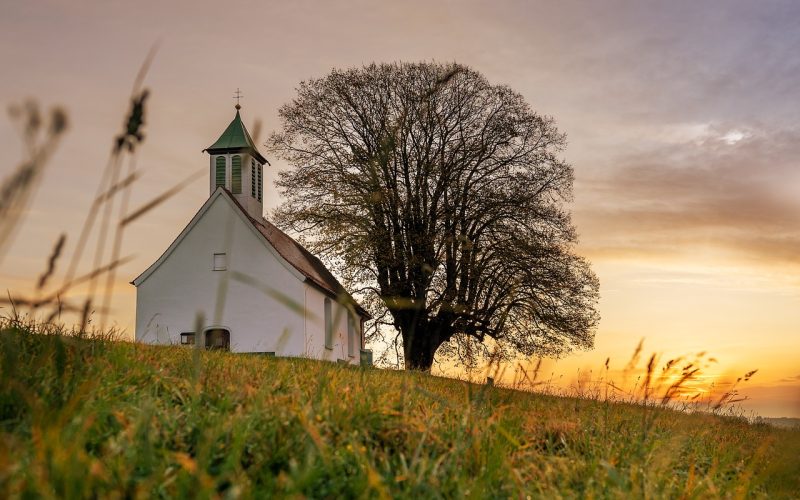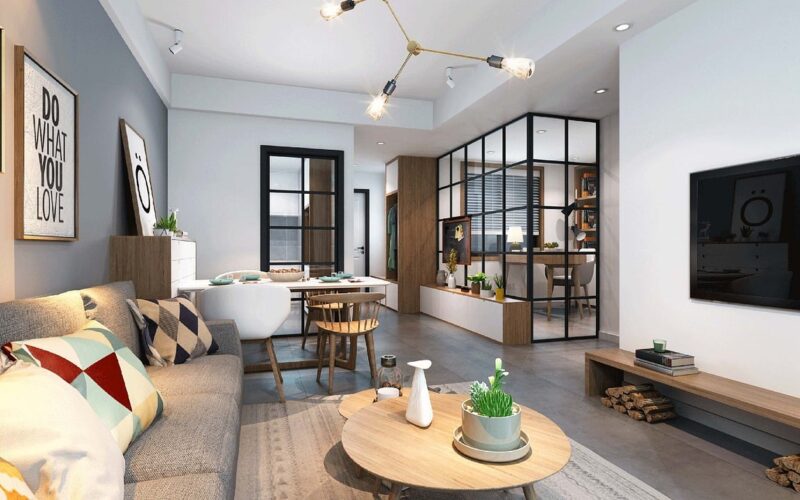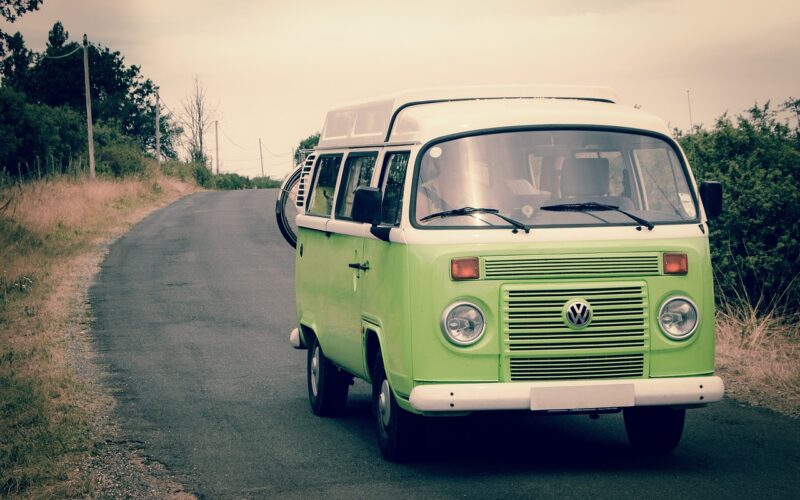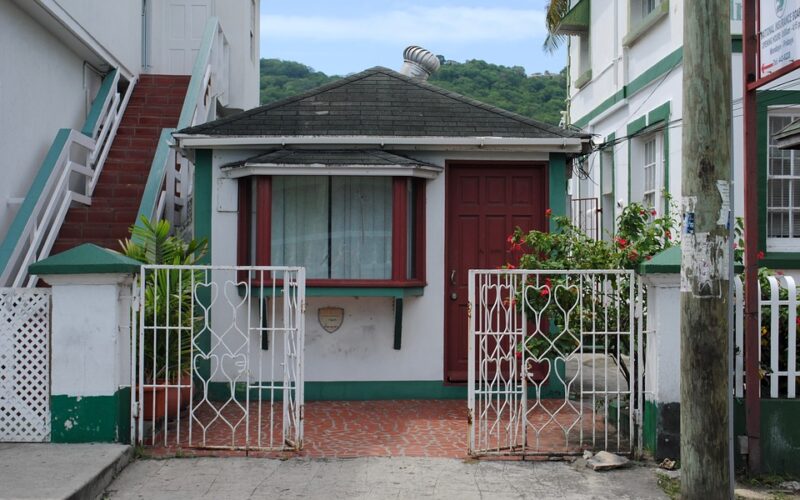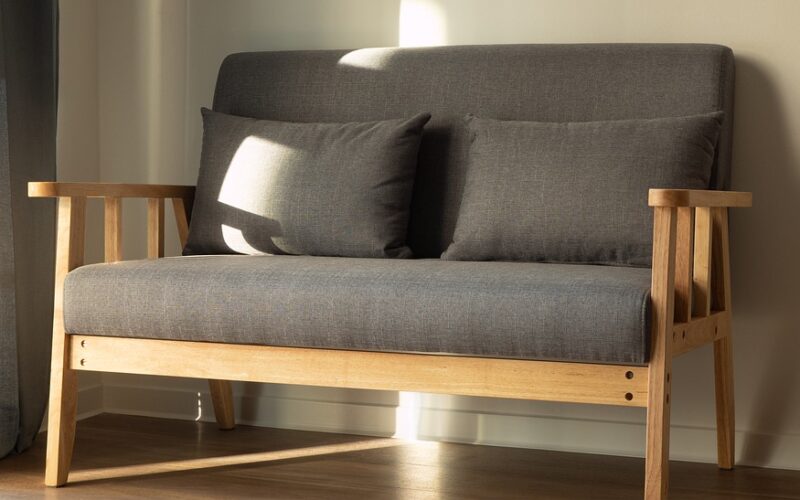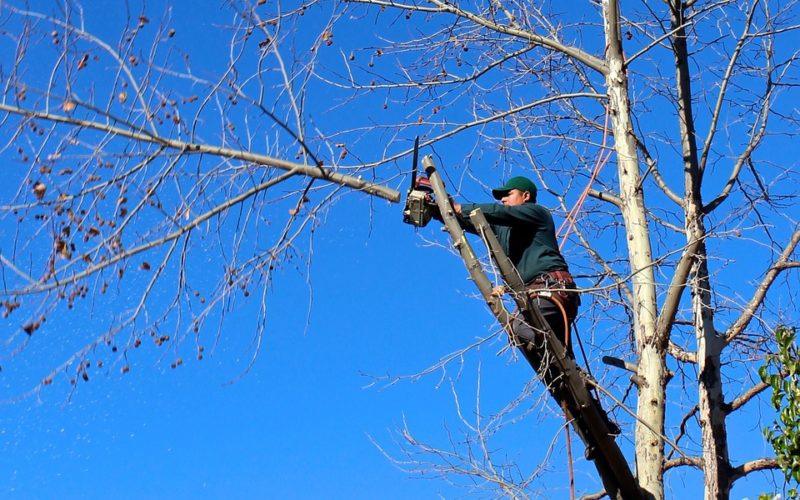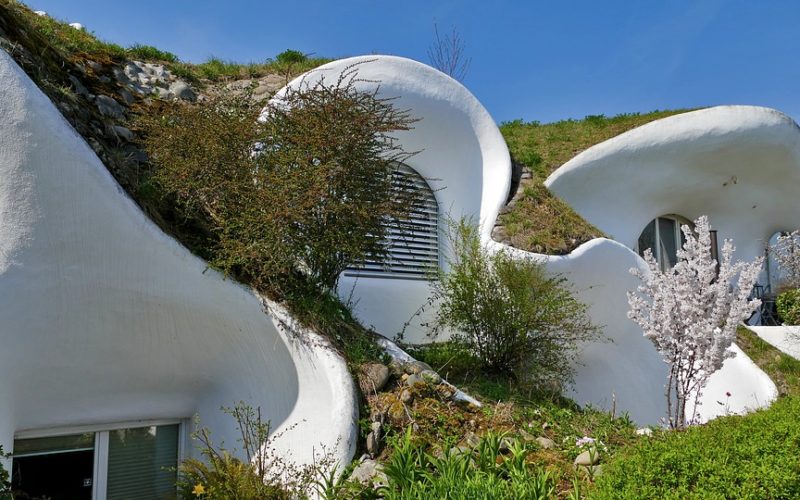Living on a canal, whether in a stationary home or on a floating vessel like a canal boat or barge, offers a distinctive living experience that's gaining popularity. The appeal of waking each morning to the gentle lapping of water against the hull, combined with the community spirit found in many canal settings, creates a lifestyle choice that feels both adventurous and comforting.
However, before committing to this idyllic life, there are a plethora of factors to consider that go beyond the initial charm.
Structural integrity is paramount
Firstly, it's essential to understand the maintenance requirements associated with canal living. For those choosing to refurbish a canal boat or barge, the task is substantial. Beyond cosmetic updates, the vessel's structural integrity is paramount.
Regular maintenance tasks such as hull blacking to protect against rust, ensuring the waterproof integrity of the boat, and engine maintenance for those planning to cruise, become part of your routine. The costs can accumulate, making it crucial for potential canal dwellers to budget not just for the initial purchase and fit-out but for ongoing upkeep as well.
Efficient use of space
Then there's the consideration of space. Living on a canal boat or barge often means making the most of a compact living environment. Efficient use of space becomes an art, necessitating thoughtful design and consideration of what's truly needed.
Storage solutions that maximise every inch of available space, multi-functional furniture, and reducing personal belongings to essentials can make life in a limited square footage not just manageable, but comfortable and cosy.
Renewable energy sources
Connectivity and utilities on a canal boat or barge also require careful thought. While some choose a nomadic lifestyle, cruising the waterways and mooring in different locations, others opt for a permanent mooring spot. In either case, access to water, electricity, and waste disposal must be considered.
Renewable energy sources like solar panels have become increasingly popular, offering a degree of self-sufficiency, but connectivity to the grid is often necessary, especially during winter months.
Boating licenses and insurance
Mooring rights and licenses are another vital aspect of canal living to be informed about. In many regions, securing a spot to permanently moor your vessel can be challenging, with waiting lists and various permissions involved.
The costs associated with these rights, as well as the necessary boating licenses and insurance, need to be factored into the overall budget. Understanding the legalities around canal living is crucial to ensure you’re not caught off-guard by hidden fees or regulations.
Understanding canal etiquette
Community and lifestyle adjustments also play a significant role in adapting to canal life. The sense of community on the canals can be one of the greatest draws, with neighbours often forming tight-knit support networks. However, the close-quarters living can also mean less privacy than one might be accustomed to on land.
Furthermore, those new to canal living must acclimate to the rhythms and responsibilities this lifestyle entails, such as navigating locks, understanding canal etiquette, and being mindful of the environment.
A sustainable lifestyle
Considering the environmental impact and the potential for a sustainable lifestyle can influence decisions around canal living. Many who choose this path are motivated by a desire to reduce their carbon footprint, live more harmoniously with nature, and adopt a minimalist lifestyle
With opportunities for renewable energy, reduced consumption, and a lifestyle that discourages wastefulness, canal living can offer a blueprint for environmentally conscious living.
Live on the water
Building a home on a canal, whether it’s refurbishing a boat or barge to live on or settling into a canal-side residence, presents a unique set of considerations. From practical concerns about maintenance and mooring to the lifestyle adjustments and community dynamics, the decision to live on the water is not one to be taken lightly.
Yet, for many, the rewards of such a lifestyle – the tranquillity of the water, the connection to nature, and the sense of community – outweigh the challenges, offering a living experience that is truly one-of-a-kind.
